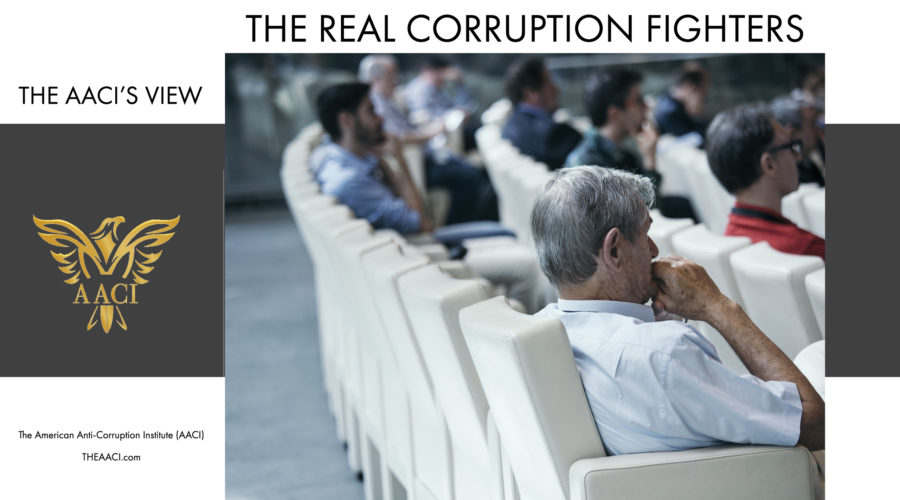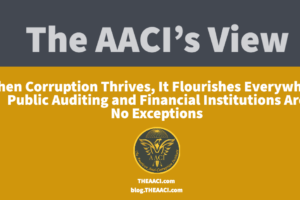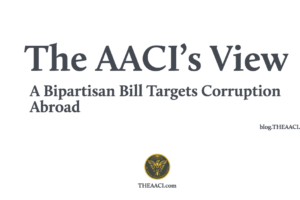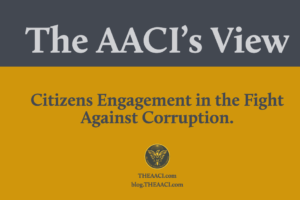Technical Staff
September 21, 2020
As corruption prevails in public institutions and the private sector, one should not be surprised by the public rage. Wise governments and those who are charged with governance should be alerted to the repercussions of socio-economic and political damages of corruption. High levels of poverty compounded with high levels of unemployment shall ultimately lead to serious social unrest. For example, relevant realities lie plain and clear in Venezuela. We always stated that corruption may lead to the dismantling of nations and eroding the social values from societies. However, there is always public resistance to corruption.
Who Fights Corruption?
People must fight corruption. They are the real corruption fighters. They fight the culprits lawfully and peacefully to restore control over their public institutions and the country’s natural resources. They want to live in their country as equal citizens under the rule of law accompanied by an independent and effective judiciary.
As people realize what corruption is, how it works, and what damages can cause to them and their society, they will get engaged in saying no to corruption. Youth is the most important cluster of people. When they are equipped with the anti-corruption know-how, youth, especially university students, can make miracles in fighting corruption. But who is responsible to mobilize the youth and public engagement in fighting corruption?
The Real Corruption Fighters
Civil society activists, non-governmental organizations (NGOs), politicians, judges, private sector entities, private and public sector employees, entrepreneurs, active university students, university professors, religious leaders, investigative journalists, whistleblowers, and others are corruption fighters. However, corruption fighter’s effectiveness depends on:
1- The level and quality of knowledge, expertise and professional qualification (s) he has, such as Certified Anti-Corruption Manager (CACM).
2- The extent to which (s)he commits and dedicates herself/himself to help and support others to engage in fighting corruption.
3- Converting anti-corruption knowledge and skills to local initiatives.
When one gets academic or professional anti-corruption qualification and does not use it appropriately in her or his community, (s)he is not an effective corruption fighter. When a civil society organization spreads the proper anti-corruption awareness and knowledge among its constituents in a programmed and targeted manner, it paves its way towards effectiveness in fighting corruption.
Because fighting corruption requires appropriate engagement of people, we believe the genuine test of effectiveness is to increase the corruption fighters in one’s community. It is valid in all societies and communities despite the difficulties corruption fighters face in their local communities.











































